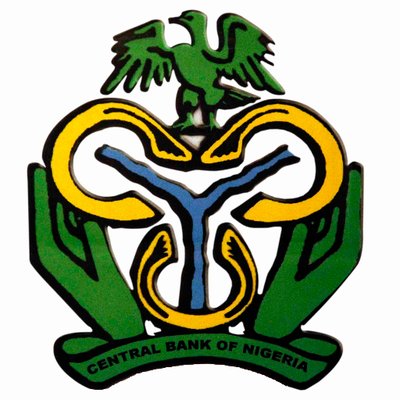
Energy firms in the country owe Nigerian banks a total of N5.59tn, the sectoral analysis of banks’ credit by the Central Bank of Nigeria has revealed.
The N5.59tn represents 30 per cent of the N18.63tn loans advanced to the private sector by the banks as of May 2020.
Oil and gas firms, which received the biggest share of the credit from the banks, increased their debt by N300bn to N4.88tn in May from N4.58tn in December 2019.
The debt owed by power firms to the banks rose to N705.93bn in May from N671.45bn in December 2019, the CBN data showed.
Oil firms operating in the downstream, natural gas and crude oil refining subsectors owed N3.59tn as of May, up from N3.42tn five months ago, while those in the upstream and services subsectors owed N1.29tn, up from N1.16tn in December.
Power generation firms and independent power producers increased their total debt to N385.05bn in May from N373.22bn in December, while transmission and distribution firms owed banks N320.87bn as of May as they borrowed N22.64bn in the first five months of this year.
Sources reported in April that the coronavirus-induced sharp fall in global oil prices posed a threat to the ability of oil and gas firms in the country to repay their debts to banks.
The CBN said in March that it had given all Deposit Money Banks leave to consider temporary and time-limited restructuring of the tenor and loan terms for businesses and households most affected by the COVID-19 outbreak, particularly those in the oil and gas, agriculture and manufacturing sectors.
A global credit rating agency, Moody’s Investors Service, said in April that banks in Nigeria would face weakening loan quality and foreign-currency liquidity as low oil prices and the pandemic weighed on the economy.
It said, “These new challenges add to existing headwinds from slow economic growth and rising regulatory costs.
“Banks’ exposure to the oil and gas industry is substantial, at around 27 per cent of total loans at the end of 2019, making the system susceptible to the oil price slump.”
Amid the lingering crisis in the nation’s power sector, the core investors in the Discos are looking to restructure the loans advanced to them by banks for the acquisition of the power assets privatised by the Federal Government in 2013.






